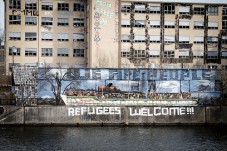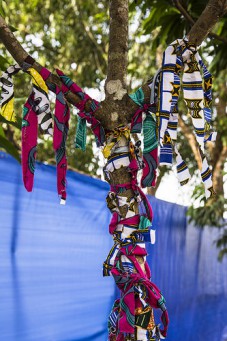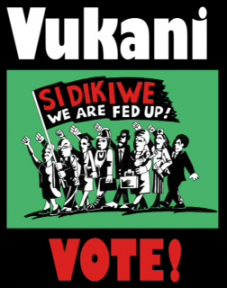| The Left in an Immigration Germany: Emancipatory Class Politics for a Solidary Immigration Society

The social question is back, returned to the political agenda as a question of global (in)justice by the migration movements of recent years. The dramatically unequal global distribution of wealth and imperial mode of production and way of life underlying said distribution constitute a central source of worldwide migration. Even Angela Merkel was compelled to acknowledge as much in 2015, remarking that the globalisation which many in Germany have experienced as relative beneficiaries in one of the world’s leading export countries had now returned in the form of refugees.
| mehr »









